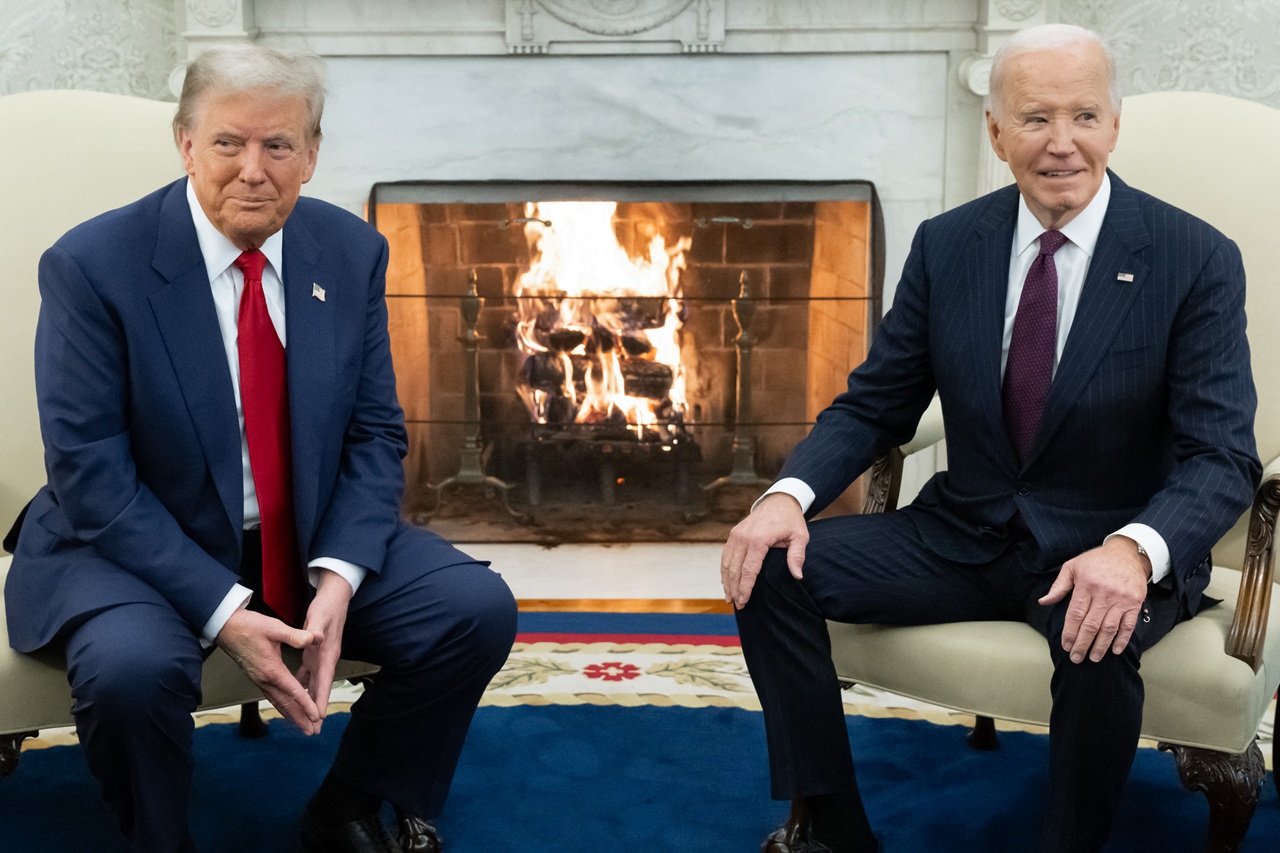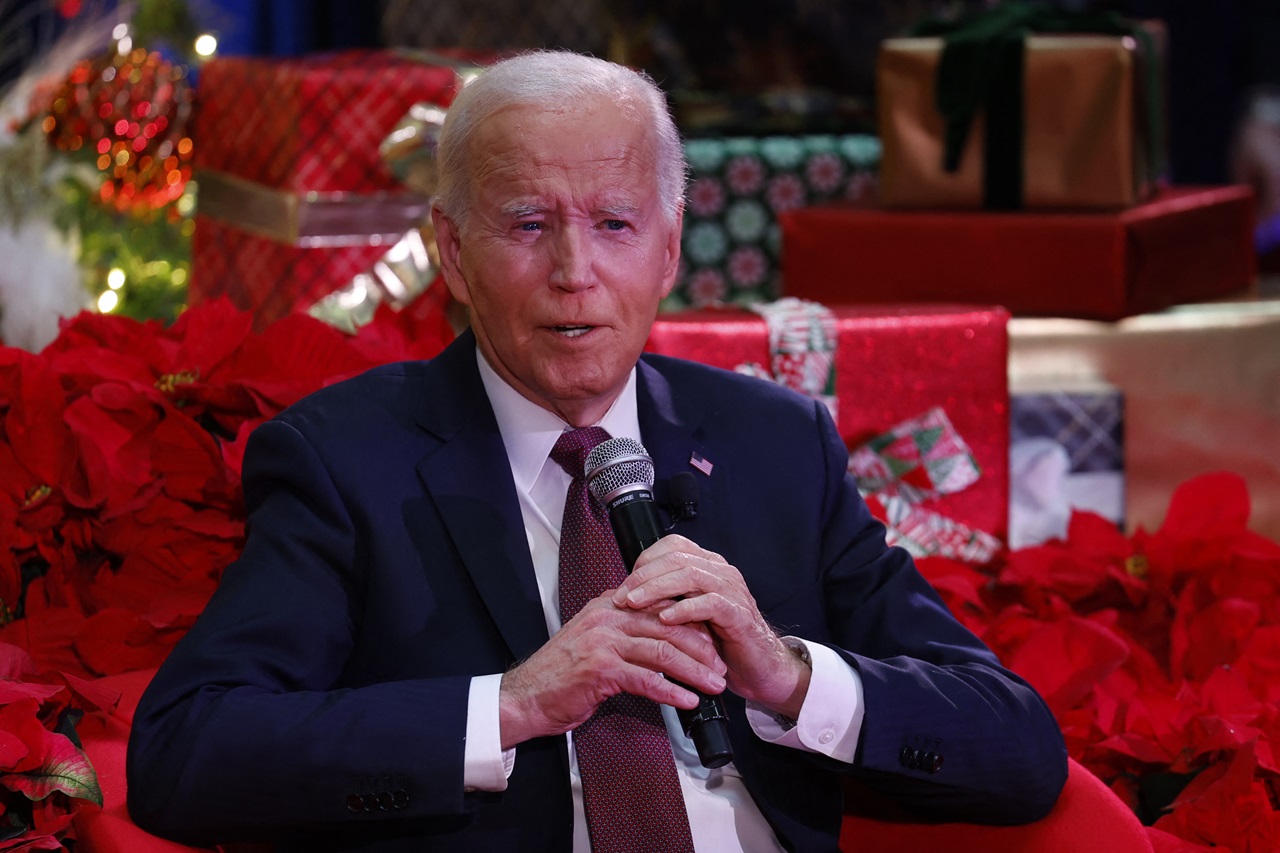
How Walter Mondale advocated for Central America
The liberal icon used his multiple platforms to address conflicts in Central American and change the tone of U.S. policy.
Relations with Latin America is not the first aspect people think about when discussing elements of U.S. policy that former Vice President Walter Mondale influenced.
This is mainly down to him only serving one term in the White House and having numerous accomplishments involving domestic matters.
The Supreme Court ruled that all criminal defendants have the right to representation in the 1963 case, Gideon v. Wainwright. This came after then Minnesota Attorney General Mondale led a group of 23 attorneys general in support of an indigent man’s right to counsel.
As U.S. Senator, he was known as a strong advocate for civil rights, and one of the highlights of his 12 years in the upper chamber was co-authoring the Fair Housing Act of 1968.
He was also involved in other parts of foreign policy when serving as vice president in the Carter Administration.
Mondale helped President Carter negotiate peace talks between Egypt and Israel as part of the Camp David Accords.
He also drew attention to South East Asian refugees who were fleeing the region due to destabilization as a result of the Vietnam War. Many fled by boat and were facing starvation and disease.
The 42nd Vice President delivered an address at a United Nations conference in Geneva to convince world leaders to help rescue them. An estimated 3,800 refugees resettled in his home state.
With regards to Central America he had a hand in two major debates, the Senate’s decision to approve the ratification of the Panama Canal Treaty and criticizing the Reagan Administration’s position towards the Nicaraguan Civil War.
The Senate was opposed to the idea of giving Panama territorial sovereignty over the Canal Zone. The U.S. had controlled the zone since the Hay–Bunau-Varilla Treaty of 1903.
The American government was allowed to operate in the area in return for reimbursing Panama and offering military aid to the country who recently gained independence from Colombia.
President Carter was intent on giving Panama control of the canal as a sign of American lessening its excessive dominance on the Latin American region.
As President of the Senate, Mondale had a difficult task ahead. Two thirds of Congress was needed to ratify the proposed treaty.
RELATED CONTENT
His bipartisan nature was key in convincing 16 Republicans to join 52 Democrats in approving the treaty. This gave him just a single vote over the threshold.
Mondale ran for president in 1984 and shocked the country by picking the first female to be on a major party ticket, New York representative Geraldine Ferraro.
He eventually lost to popular incumbent Ronald Reagan in a landslide, only winning the electors of the District of Columbia and Minnesota.
During the presidential debates however he still cut deep on Reagan’s approach towards civil wars in Central America.
“Our objectives ought to be to strengthen the democracies, to stop communist and other extremist influence and stabilize the community in that area,” Mondale responded in the debate.
The Democratic candidate was diametrically opposed to financing or arming the Contras, a right-wing rebel group in Nicaragua.
The Iran Contra Scandal later revealed how the administration expanded these efforts in their second term even though they were prohibited from doing so after the Boland Amendment.
He also doubted Reagan when he said he was unaware of a CIA manual that taught methods of mental torture to security forces in El Salvador, Honduras and Guatemala.











LEAVE A COMMENT:
Join the discussion! Leave a comment.